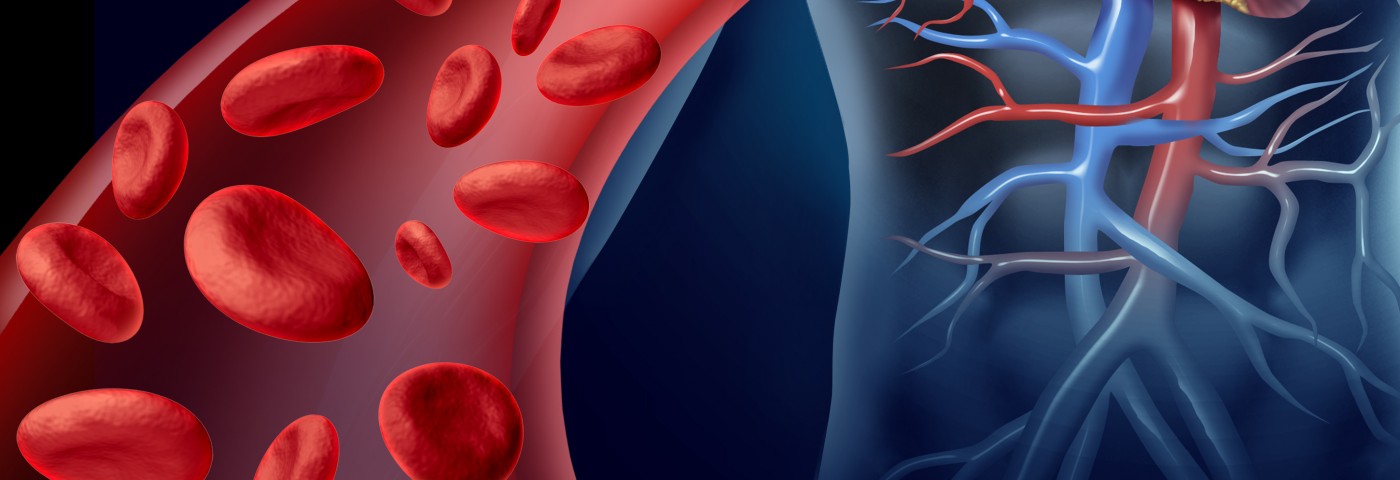Psoriasis patients have high rates of atherosclerosis and coronary artery calcium — a measure of atherosclerosis, or clogged arteries — rates that are similar to people with type 2 diabetes, a disease well-associated with cardiovascular disease risk, researchers reported.
The study, titled “Comparison of Coronary Artery Calcium Scores Between Patients With Psoriasis and Type 2 Diabetes,” was published in JAMA Dermatology.
Coronary artery calcium, or CAC, is a measure accounting for risk factors that may contribute to arterial damage and the buildup of plaque, which also include smoking, obesity, and high blood pressure. Elevated levels of CAC (a score above 400) are indicative of increased risk of cardiovascular and all-cause mortality. According to the research team, this is the first study to compare subclinical atherosclerosis in people with psoriasis to that found in people with other conditions strongly linked with cardiovascular risk, such as type 2 diabetes. Cardiovascular screening is recommended for these diabetics.
Researchers analyzed data from three studies conducted in patients with moderate to severe psoriasis without type 2 diabetes, in people with type 2 diabetes without psoriasis or other inflammatory diseases, and in age- and sex-matched healthy controls (no psoriasis, type 2 diabetes, or other inflammatory diseases). Data from a total of 387 individuals was included in the study.
Results showed that people with psoriasis had a high prevalence of cardiovascular and metabolic risk factors, similar to those observed in patients with type 2 diabetes. Furthermore, the prevalence of moderate to severe coronary calcification was similar between those with psoriasis and those with type 2 diabetes. When compared to the healthy controls, such prevalence was five times higher.
The researchers highlight some study limitations, particularly the lack of biological data that might establish a cause-effect relationship between atherosclerosis and psoriasis. Nonetheless, these results point to the need for early assessment of cardiovascular risk and modification of certain behaviors, they said.
“Major educational efforts for patients and physicians should be undertaken to reduce the burden of cardiovascular disease in patients with psoriasis,” the researchers concluded.


